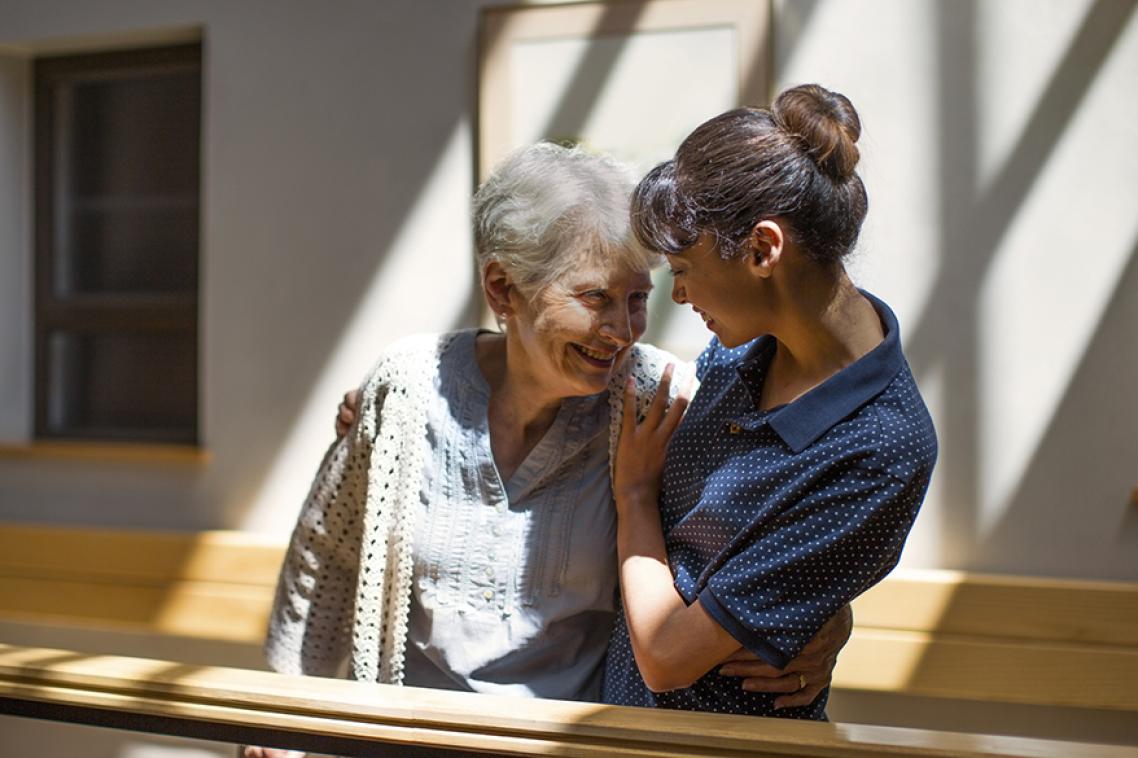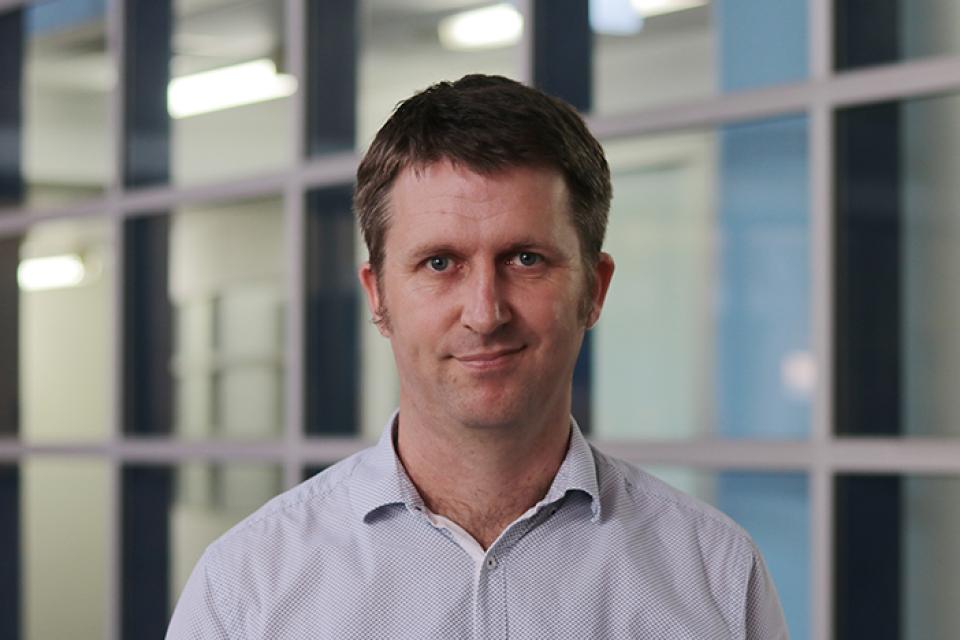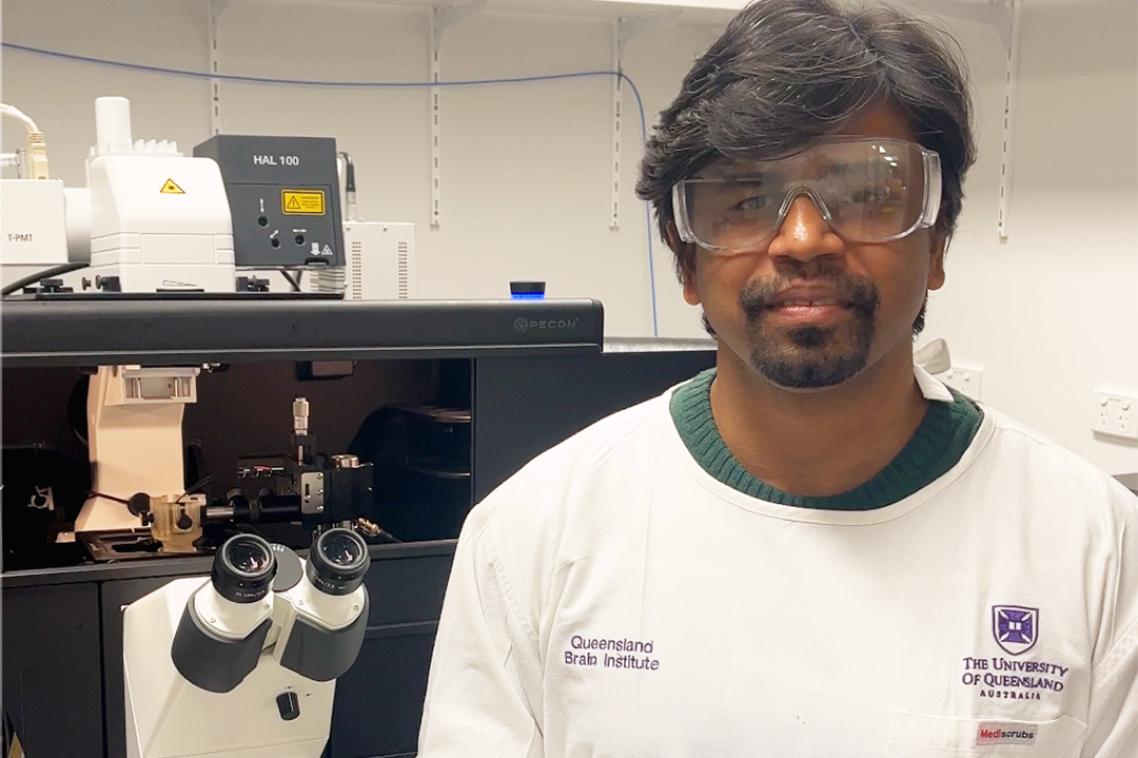$1 million donation to boost aphasia research

A donation of $1 million to The University of Queensland will offer hope to thousands of Australians left without the ability to communicate following a stroke.
The funding from Bowness Family Foundation will support research into aphasia – a language and communication disorder that occurs in one-third of all strokes and affects about 120,000 Australians.
The $1 million gift, announced during National Stroke Week, follows an anonymous donation of $500,000 in 2018 and will help fund the first rehabilitation centre in Australia dedicated to aphasia.
The Queensland Aphasia Rehabilitation Centre (QARC) will bring together researchers and clinicians to help treat patients with complex rehabilitation needs.
UQ’s Professor David Copland, Director of QARC, said the funding would unlock much-needed new approaches to aphasia management.
“This generous donation will help us explore more innovative approaches to managing aphasia after stroke,” Professor Copland said.

“The QARC team will take a people-centred approach and explore new technologies including the use of brain imaging and computer-based therapies to improve outcomes for stroke survivors.”
Existing treatments for aphasia are highly varied and have unpredictable outcomes.
The condition is often lifelong, and is commonly associated with increased risk of depression and social isolation.
Stroke is one of the country’s biggest killers and a leading cause of disability – with one Australian experiencing a stroke every nine minutes.
More than $5.5 million in philanthropic donations have been pledged to support UQ’s efforts to prevent, treat and beat stroke since UQ’s Not If, when - the Campaign to Create Change launched in 2017.
Construction of QARC is anticipated to be completed by 2020.
Image above: UQ's Professor David Copland is the Queensland Aphasia Rehabilitation Centre.
Media: Professor David Copland, d.copland@uq.edu.au, +61 7 3346 5539, +61 7 3365 2817; Mikaeli Costello, Director of Alumni Relations and Engagement, mikaeli.costello@uq.edu.au, +61 7 3346 3913.
Topics
Related articles

New ultrasound imaging to map drug delivery into the brain

Staying physically active cuts risk of early death by 40 per cent
Media contact
UQ Communications
communications@uq.edu.au
+61 429 056 139
